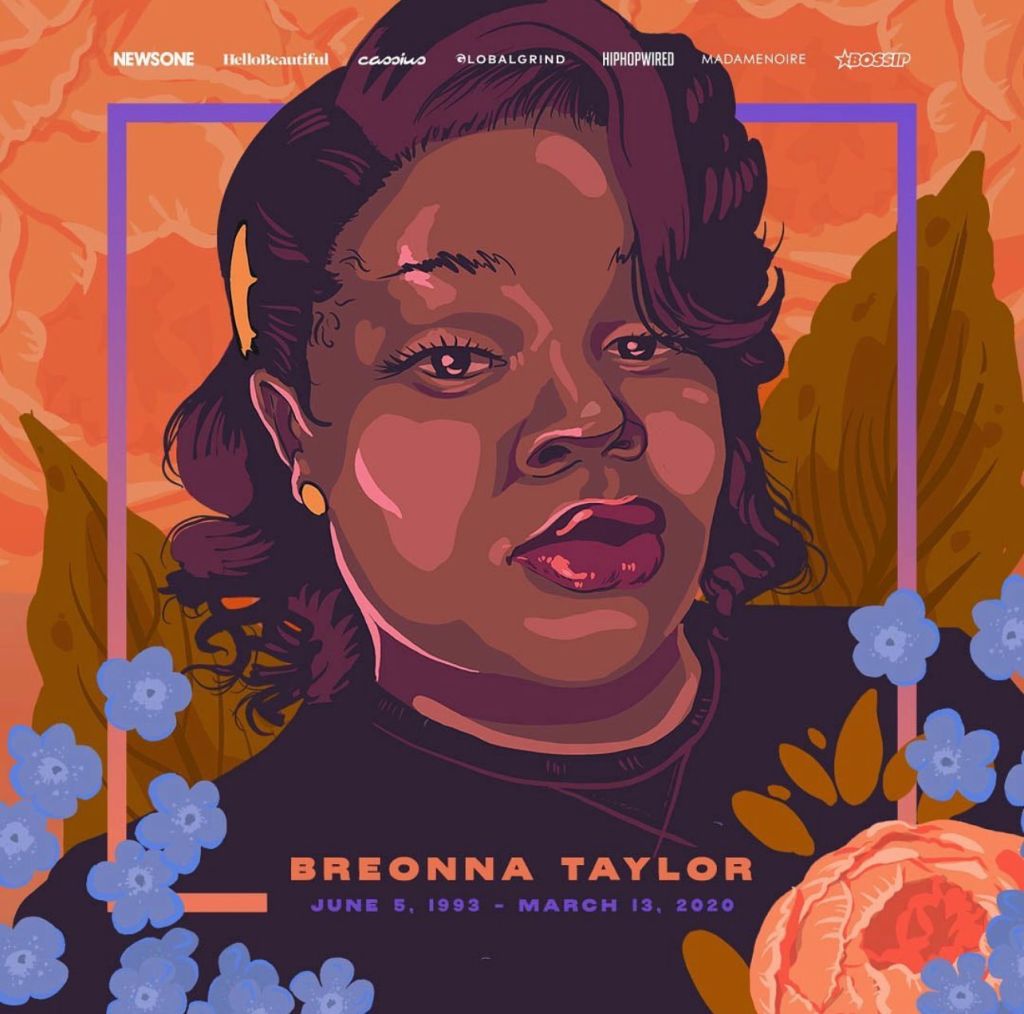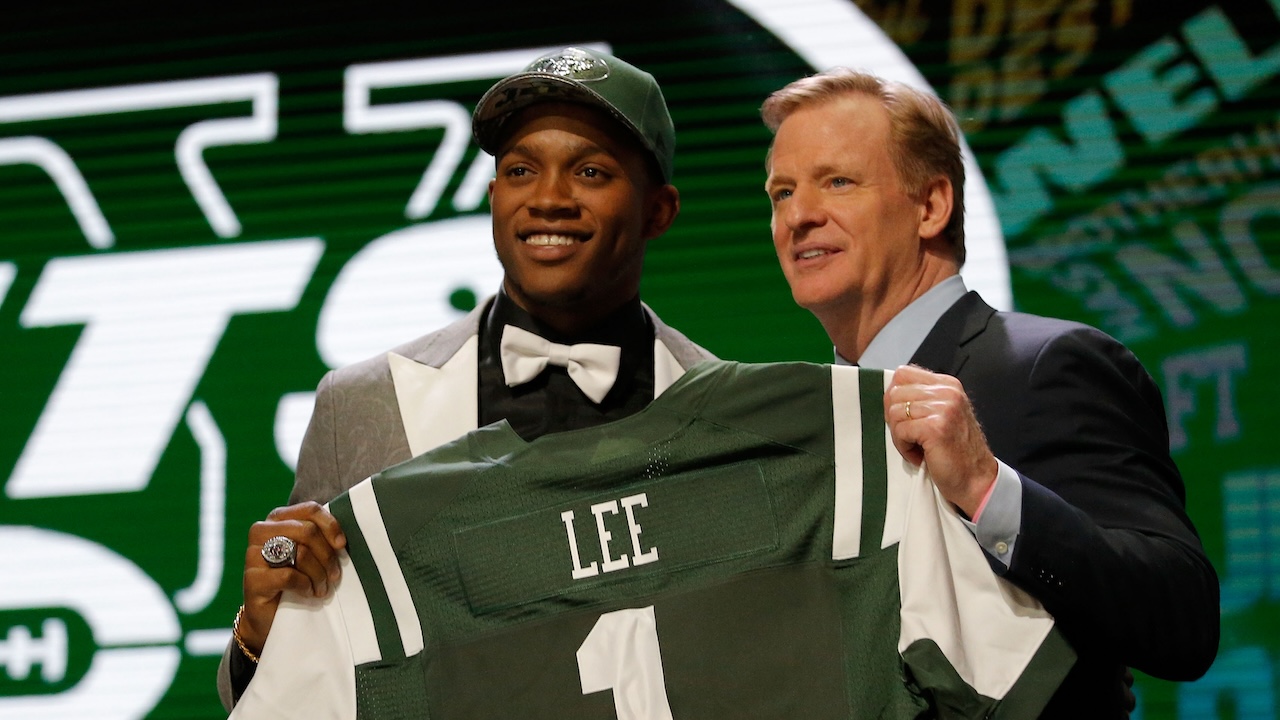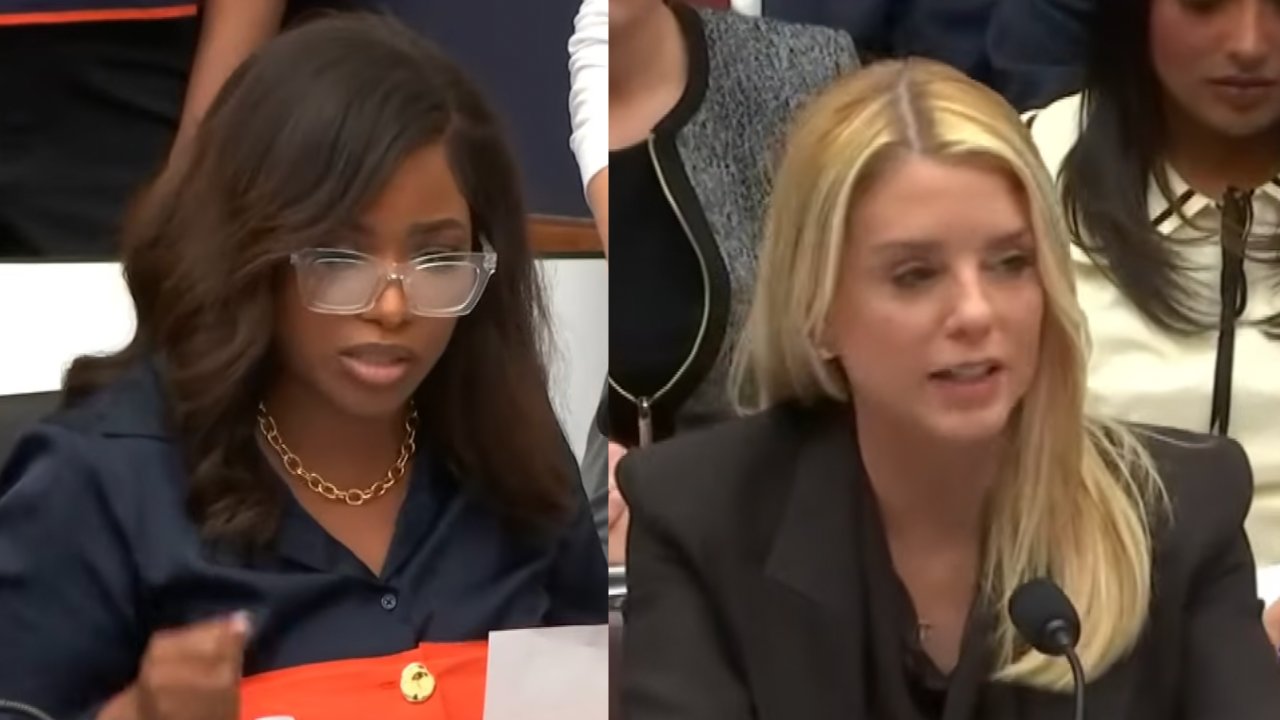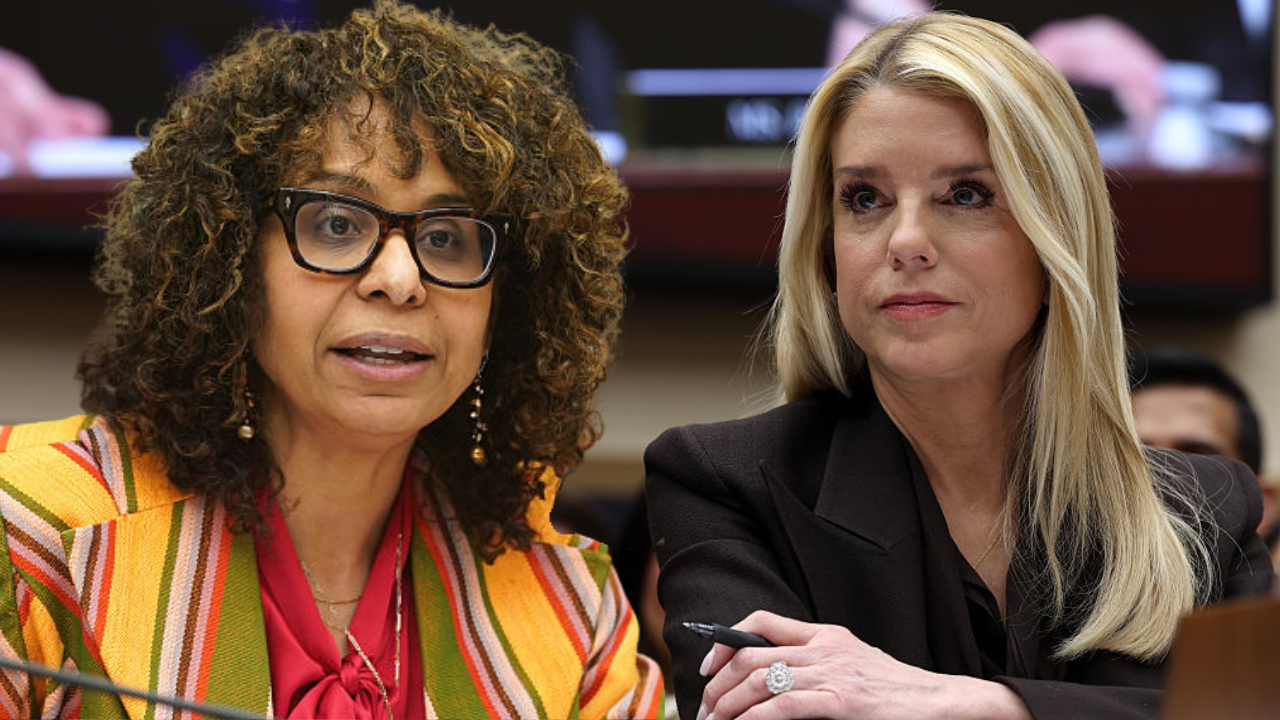The DOJ Put A Price Tag On Murdered Black Lives: 1 Day In Jail


One day.
One.
That’s how much time the United States government thinks is appropriate for the reckless Louisville police officer who helped orchestrate the violent raid that ended Breonna Taylor’s life.
On July 17, the U.S. Department of Justice recommended a one-day sentence for Brett Hankison, the former cop convicted of violating the civil rights of Taylor, her boyfriend, and their neighbors during a deadly no-knock raid in March 2020. In addition to the one day of time served, the DOJ recommended a three-year supervised release and a $100 fine.
One day, and a $100 fine. For unleashing hell inside a Black woman’s home while she slept.
One day, and $100. For spraying ten bullets into a dark hallway, through covered windows and walls, in the middle of the night.
One day, and $100. For being part of a state-sanctioned ambush that ended in Breonna’s body bleeding out on the floor.
And they said one day and $100, with their whole bureaucratic chest, that “there is no need for a prison sentence to protect the public… or to provide ‘just’ punishment or deterrence.”
In a sentencing memo, not only did the DOJ attorneys argue that a prison term was unnecessary, they also claimed Hankison poses no threat to the public and that the trauma of prosecution was punishment enough. The DOJ said in its filing, “In light of the three trials of (Hankison) and the media attention given to each trial, it is no surprise that (he) has suffered from resulting stress and psychological problems, including post-traumatic stress disorder, anxiety, sleeping difficulties, and related conditions.”
Oh, so now Brett Hankison has PTSD?
The man who blindly sprayed 10 of the 32 bullets into a sleeping woman’s apartment, through walls and windows, because he was too unprofessional, too reckless, and too indifferent to human life to check what the hell he was shooting at. But he’s the one with trauma? He has suffered enough. That’s the argument the DOJ wants to hang their credibility on? That the man who helped orchestrate a state-sanctioned home invasion that ended in the slaughter of a 26-year-old Black woman is now a victim of stress?
Breonna Taylor isn’t suffering from anxiety. She’s dead. Her body doesn’t get to heal. Her mind doesn’t get to process what happened. Her sleep wasn’t interrupted; it was stolen, permanently. Her family doesn’t get to hold her hand and say, “It’s over.” They had to bury her. They had to sit through lie after lie, trial after trial, while prosecutors tripped over themselves trying to preserve the myth of good cops and unfortunate mistakes.

And yet the DOJ wants to center his sleepless nights? His fragile mental health? His delicate white psyche?
The Black people who survived that night—Kenneth Walker, the neighbors, the community—have been traumatized for years.
Kenneth Walker was dragged through the legal system, called a criminal, and had to fight to defend himself for daring to protect his home. Breonna’s neighbors were nearly killed. Their homes were riddled with bullets. And let’s not forget the millions of Black folks who watched it all unfold and were forced, once again, to metabolize a message this country never gets tired of sending: your lives are expendable, your deaths are explainable, and your white killers are always redeemable.
You know who else has sleeping difficulties?
Every Black mother whose child didn’t make it home. Every Black person who knows that justice in this country is a lottery and a sham. Every protester who’s watched this happen again and again. We’ve all got anxiety. We’ve all got PTSD. But nobody’s writing memos for us. Nobody’s asking for leniency on our behalf. Nobody’s offering sympathy to the ones left holding grief and rage with nowhere to put it.
But the DOJ rolled out the velvet rope for this man. They said he’s had enough. That being held to account, even a little bit, was too much to bear. That his stress, his suffering, his discomfort deserved more weight than a Black woman’s death.
That’s not just injustice. That’s insult. That’s white supremacy doing exactly what it was designed to do: protect its enforcers, erase its victims, and rewrite the story so the man with the gun ends up looking like the one who needs some damn care.
The fact that this memo even made it out of a government building is proof that the rot runs deep. If Hankison’s trauma is enough to avoid prison, then let’s go empty out every jail filled with Black folks who’ve endured worse—poverty, over-policing, abuse, incarceration itself—and got no mercy, no memo, no second chances.
The DOJ is showing us, in plain language, who they see as fully human. And it’s not Breonna Taylor. It’s not her family. It’s not the Black community. It’s the officers who pull the trigger.
With that sentencing memo, the Department of Justice didn’t just ask for leniency; they put a price tag on Black life. And they priced it cheap. They told every Black person in America: you can be slaughtered in your sleep, your blood soaking into your mattress, and the system will still straighten its tie, sip its coffee, and clock out like nothing happened.
This isn’t just a slap in the face. It’s a coordinated middle finger from the so-called justice system, aimed directly at Breonna’s family, at every protester who ever marched for her, and at every Black person who dares to expect accountability when one of our own is gunned down. This is the state writing a love letter to cops everywhere that says, “We know you messed up. But don’t worry, we’ve got your back.” And they did it in public. With audacity.
This sentencing memo wasn’t even written by the prosecutors who tried the case. Nope. It was signed by two Trump leftovers, Harmeet Dhillon and Robert Keenan, both of whom have histories of undermining civil rights enforcement. And somehow, these people were given the pen and told to write the closing chapter in one of the most high-profile police brutality cases of the last decade. They weren’t just walking back the prosecution; they were pissing on the grave of accountability.
Because what this memo does is bigger than Hankison. It sets a precedent. It tells every cop watching that they can spray bullets into dark apartments, put whole families at risk, cause irreversible trauma, and still come home for dinner. It tells every grieving Black mother that her child’s life might not be worth enough for justice. And it tells us that even when we win, when we get a rare conviction, when the system seems to bend ever-so-slightly toward justice, there will still be a backroom deal, a legal loophole, a paper-thin excuse to let the killer walk.
You know what they’re really saying? That our deaths are only serious if we bleed enough. But if we’re just terrorized, if we just survive with scars and nightmares, the system shrugs. Because to them, proximity to death isn’t the same as worth. We don’t get the luxury of being traumatized victims. We’re expected to take it, to absorb the violence, to swallow the verdict, and wait to be killed again.
At the end of the day, the DOJ has told the world that Breonna Taylor’s killing was, at best, a procedural oopsie. A mishap. A regrettable incident with no real villain. They’ve taken the rage and grief of millions and tried to bury it under one day in jail and a $100 fine, which is like getting a parking ticket for participating in a murder.
Once again, this racist system is winking at itself in the mirror. Power is protecting power. And Brett Hankison is being congratulated for upholding the one American tradition more sacred than the flag: killing a Black woman and getting away with it.
Dr. Stacey Patton is an award-winning journalist and author of “Spare The Kids: Why Whupping Children Won’t Save Black America” and the forthcoming “Strung Up: The Lynching of Black Children In Jim Crow America.” Read her Substack here.
SEE ALSO:
DOJ: Brett Hankison Should Serve 24-Hour Sentence
Ben Crump Blasts DOJ For Ending Biden-Era Police Reform Plan
What's Your Reaction?
 Like
0
Like
0
 Dislike
0
Dislike
0
 Love
0
Love
0
 Funny
0
Funny
0
 Angry
0
Angry
0
 Sad
0
Sad
0
 Wow
0
Wow
0
































